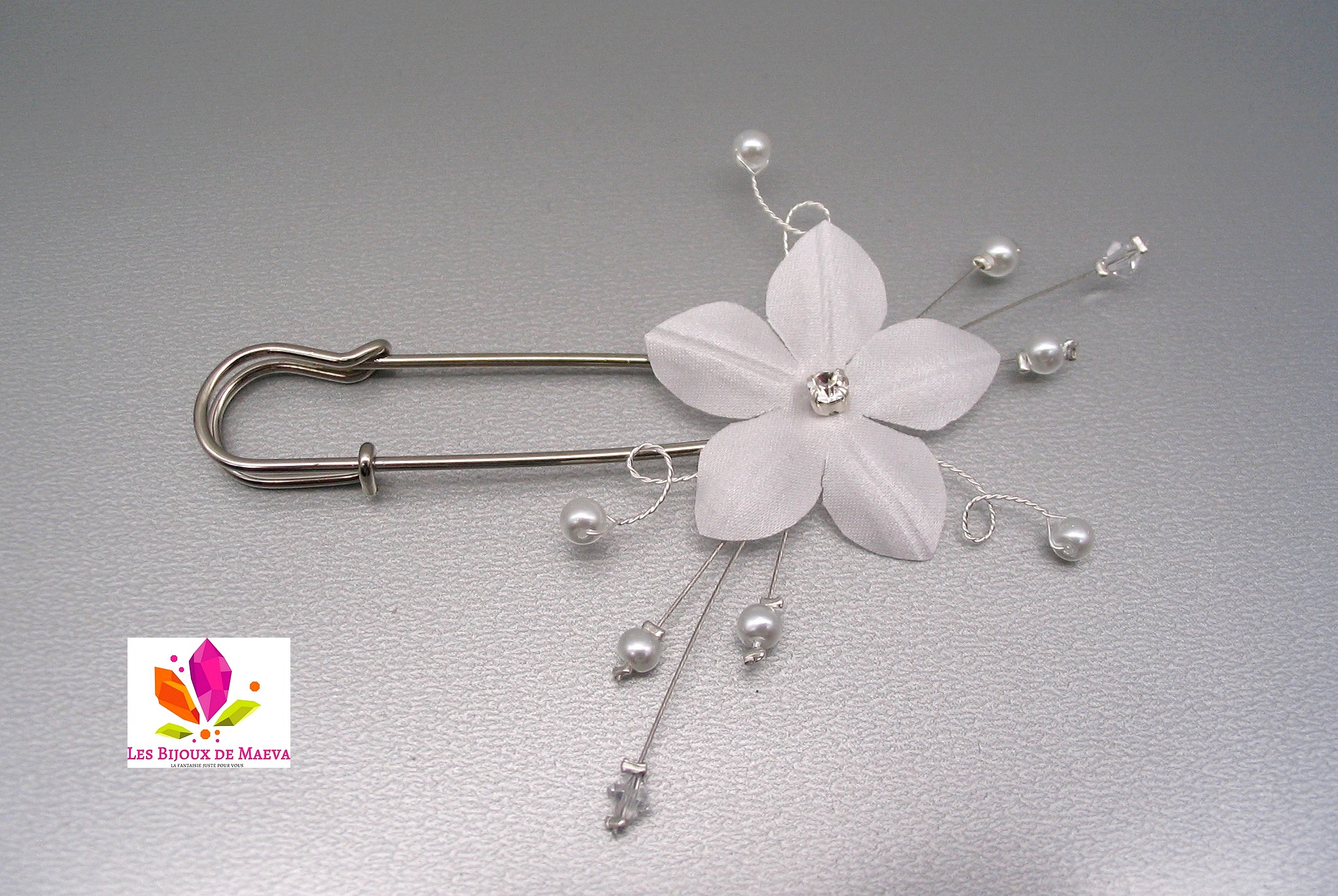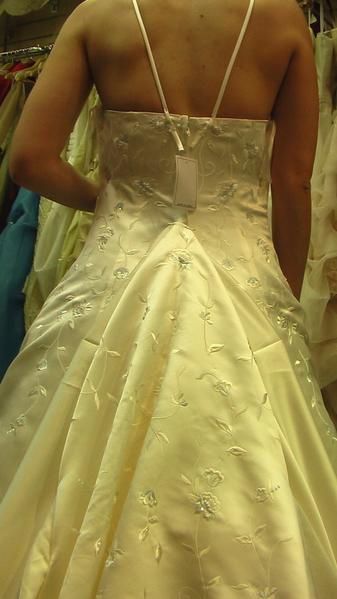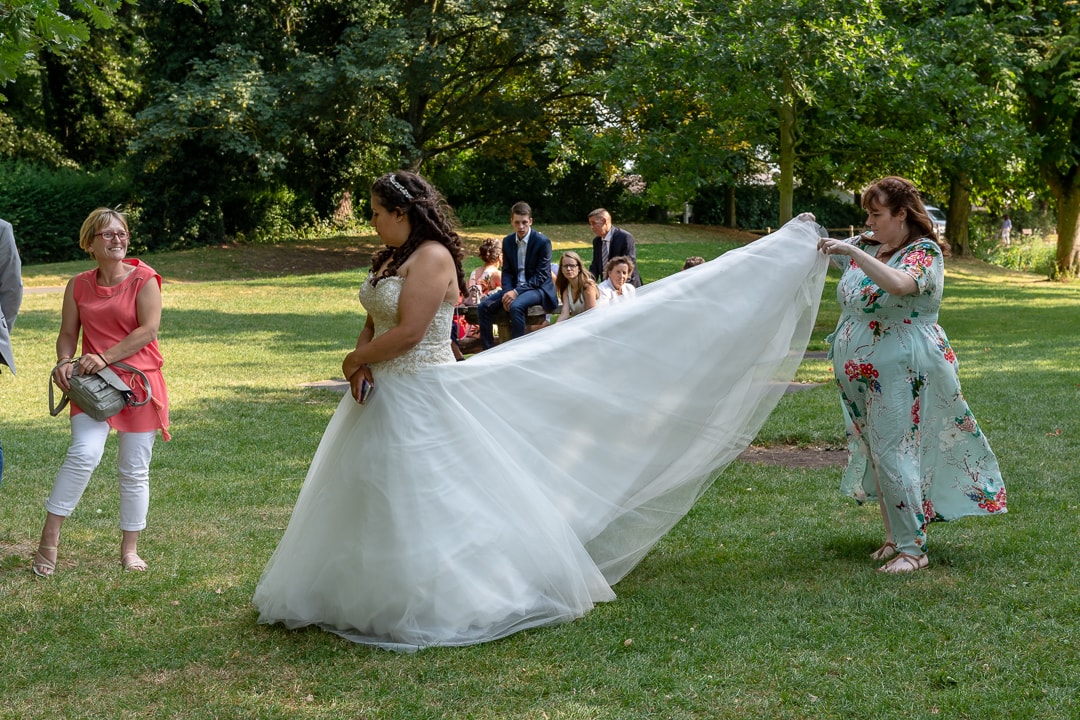
✨TUTORIEL✨ Comment remonter sa traîne durant la soirée de son mariage ? Nous vous expliquons tout dans cette vidéo😍 Venez découvrir notre boutique... | By L' Écrin Blanc Perpignan | Facebook

Quel voile de mariée pour ma robe ? Jetez un œil à ce guide rapide Pronovias et couvrez votre tête avec élégance pour la journée de vos rêves. | PRONOVIAS

L'accroche-traîne : pourquoi faire de cet accessoire un indispensable pour sa robe de mariée ? - Mariage.com


















